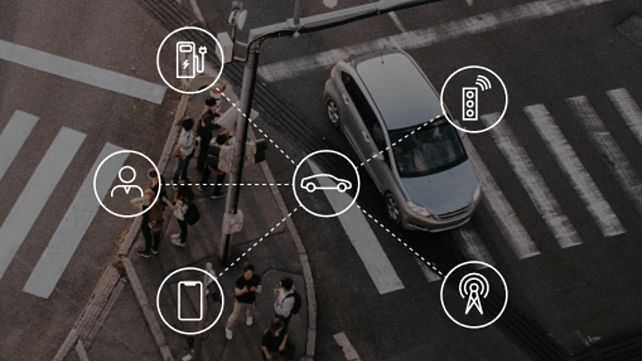
Intending to prioritise research and development in securing connected and autonomous vehicles, AUTOCRYPT - the electric vehicle and autonomous vehicle cybersecurity provider has partnered with SHIELD Automotive Cybersecurity Centre of Excellence, hosted by the University of Windsor.
The partnership with SHIELD follows AUTOCRYPT's recent expansion into the North America region with the opening of its first North American office in Toronto. The company most recently raised $15M USD in its Series A funding.
As automotive technology evolves to become more autonomous and electrified, threats to the technology have exponentially increased. Awareness of the threats, however, is limited as futuristic technology can be sensationalised. AUTOCRYPT is focused on raising awareness of the need to prioritise security and providing award-winning, comprehensive security solutions to mitigate those risks.
Thus far, the company has secured over 5000 kilometres of smart highways and roadways throughout the peninsula, winning C-ITS contracts for the entire nation. Its security operations centre (SOC) provides complete security coverage of the internal vehicle system and V2X communications, the core technology allowing for seamless autonomous driving.
AUTOCRYPT offerings ensure a secure vehicular environment for electric, connected, and autonomous vehicles by actively detecting and preventing unwanted access.
SHIELD focuses on research and innovation of automotive cybersecurity technology and education and training for students and corporations to raise awareness for the need to prioritise cybersecurity preparedness. Sean HJ Cho, Director, Business Development, AUTOCRYPT, said, 'The goals of SHIELD and AUTOCRYPT align together exceptionally well. This partnership will allow us to work more closely with the connected and autonomous vehicle security landscape in Canada, as the country advances in cutting-edge technologies for electric, connected, and autonomous vehicles and begins to implement necessary changes following the UNECE's WP.29 regulations. Our existing technology and real-world use cases will allow us to contribute to the shift that needs to take place in the minds of both corporations and consumers: that security should not be taken for granted, and vehicles and mobility infrastructure need to be secured before drivers hit the road.'
NB: Photo is representational.